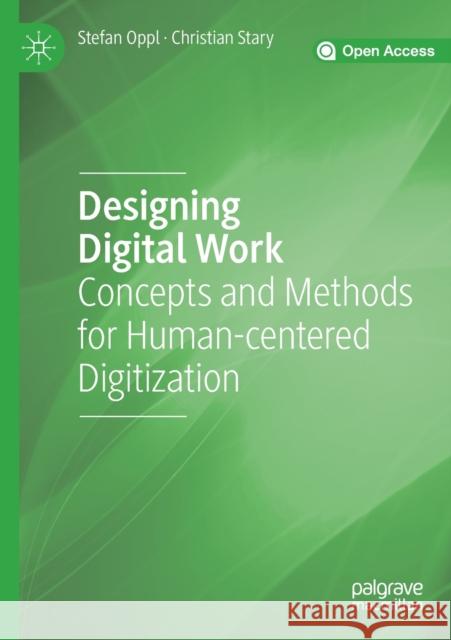Designing Digital Work: Concepts and Methods for Human-Centered Digitization » książka
topmenu
Designing Digital Work: Concepts and Methods for Human-Centered Digitization
ISBN-13: 9783030122614 / Angielski / Miękka / 2020 / 435 str.
Designing Digital Work: Concepts and Methods for Human-Centered Digitization
ISBN-13: 9783030122614 / Angielski / Miękka / 2020 / 435 str.
cena 112,72
(netto: 107,35 VAT: 5%)
Najniższa cena z 30 dni: 107,96
(netto: 107,35 VAT: 5%)
Najniższa cena z 30 dni: 107,96
Termin realizacji zamówienia:
ok. 16-18 dni roboczych.
ok. 16-18 dni roboczych.
Darmowa dostawa!
Kategorie:
Kategorie BISAC:
Wydawca:
Springer Nature Switzerland AG
Język:
Angielski
ISBN-13:
9783030122614
Rok wydania:
2020
Wydanie:
2019
Ilość stron:
435
Waga:
0.54 kg
Wymiary:
21.01 x 14.81 x 2.36
Oprawa:
Miękka
Wolumenów:
01
Dodatkowe informacje:
Wydanie ilustrowane











